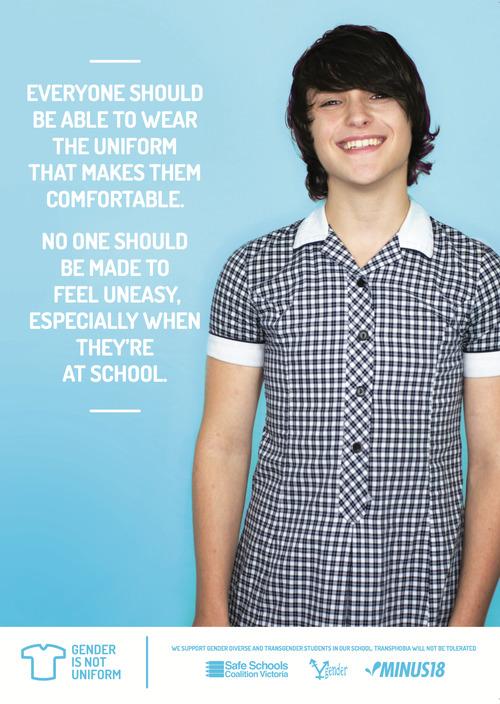Looking through the Teaching Tolerance website was a
different experience. A lot of the activities and lessons on there are
extremely informative and helpful for teaching the social justice issues that
we’ve been learning about all semester. I did, however, find it really hard to
find a lesson/activity that I thought was suitable for kindergarteners. Once I did
find some, it was easy to narrow it down to the ones that I would feel
comfortable teaching.
One lesson that I found (and loved!) was a lesson on
family. I really love the idea of kids exploring what makes every family
different and the fact that not all families are the same. A lot of kids
nowadays come from families that stray from the norm (you know two parents, 2.5
kids, a dog). In fact, black and Hispanic children are more likely to only live
with one parent and many Hispanic children live in a multigenerational
household (Vespa, Lewis, & Kreider, 2013). It’s important for kids to see that even if
someone else’s family doesn’t look like yours, it is still a family. I really
liked the objectives of this lesson because they really seemed to fit
kindergarteners; being able to “exhibit pride in their own unique
family without judging other families” is one objective that I find very
important ("My Family Rocks!"). Kids with two mommies or two daddies often
get made fun because a lot of kids are taught that that ‘isn’t right’. This way
they can appreciate their own families as well as others.
Another idea that I thought would work well for younger
students is Mix It Up day. We actually did this at my high school a few years
back and it did not go well. I think that it might be more successful if you
tried it with younger students because they are more willing. I believe that it
is easier for kindergarteners to open up and try new things because they hold
no prior prejudices. Mixing it up at lunch will be a challenge to navigate, but
I think that they’ll be able to meet some new people and open up their little
world. Then, after lunch the teacher can follow up and see what the students
learned or thought about their time with different students (who may not even
be in their class or on their bus).
Vespa, J., Lewis, J., & Kreider, R. (2013, August 1).
America’s Families and Living Arrangements: 2012. Retrieved October 29, 2014,
from http://www.census.gov/prod/2013pubs/p20-570.pdf
My Family Rocks! (n.d.). Retrieved October 29, 2014, from
http://www.tolerance.org/lesson/my-family-rocks

